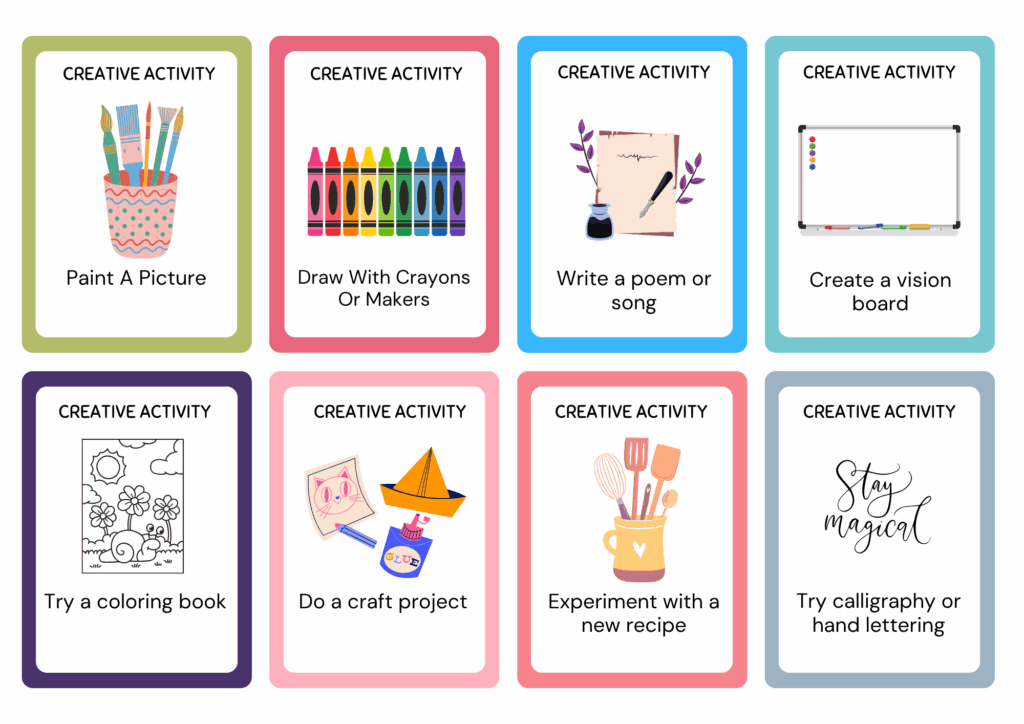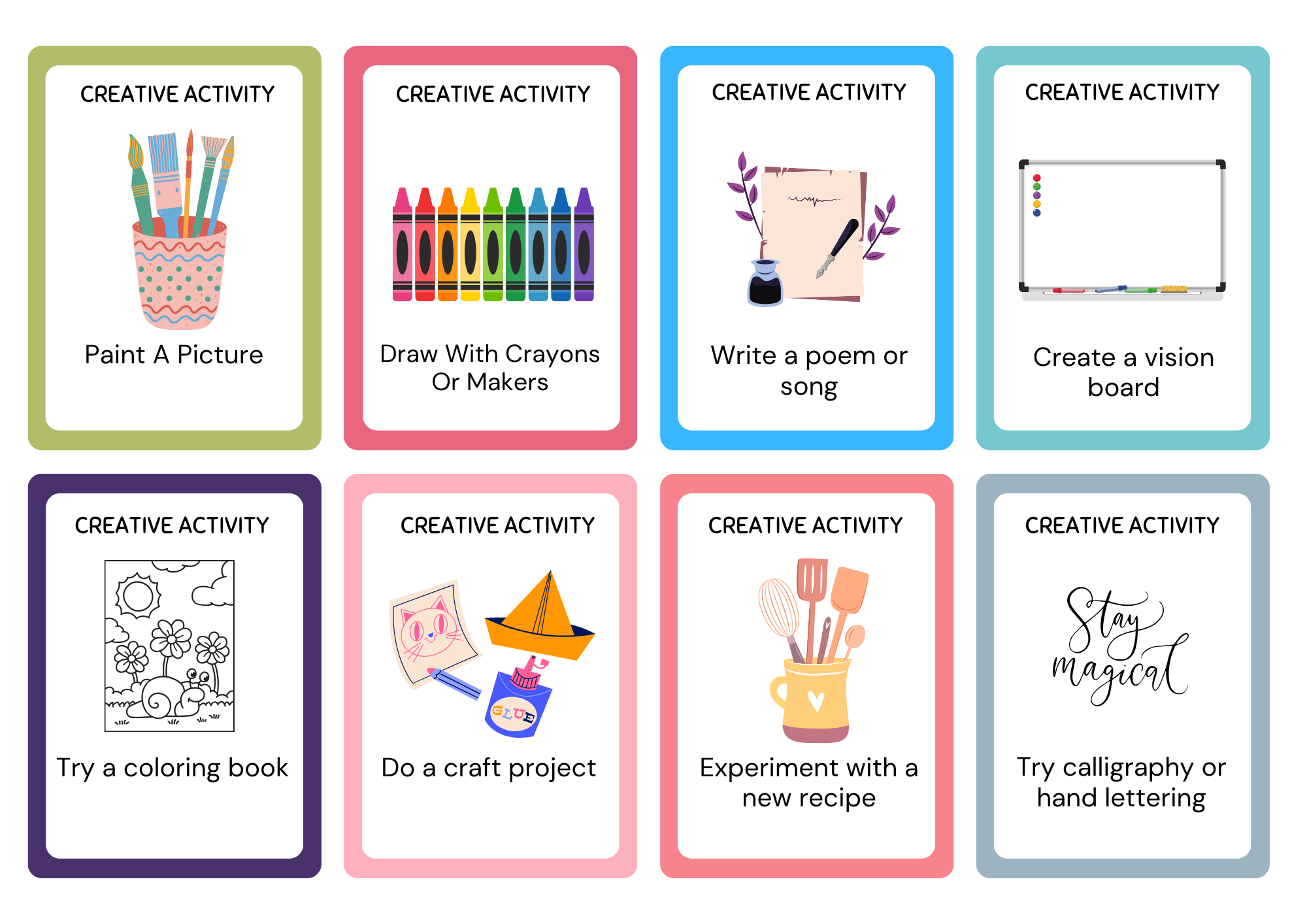As a parent, discovering that your teen is self-harming can be incredibly overwhelming. You may feel helpless, scared, or unsure of how to offer support. But one of the most powerful things you can do is help your child explore healthier alternatives to self-harm—outlets that can help them process difficult emotions in a safe and constructive way.
Helping Your Teen Find Healthier Alternatives to Self-Harm

The content shared on this blog is for informational and educational purposes only and is not intended to be a substitute for professional medical or mental health advice, diagnosis, or treatment. If you or your child are in crisis or need immediate help, please contact a licensed mental health professional or call/text the Suicide & Crisis Lifeline at 988.
Why Alternative Activities Matter
When a teen turns to self-harm, it is often because they are struggling to express or cope with intense emotions. Offering alternative activities provides them with a way to channel those feelings without causing harm to themselves. It also opens up opportunities for them to discover new passions, build resilience, and feel more connected.
A Few Healthier Alternatives To Self Harming
- Creative Expression: Encourage your teen to try drawing, painting, or creative writing. These outlets can help them explore their emotions without judgment.
- Physical Activity: Physical movement can be a great release. Whether it’s dancing, going for a walk, or trying a new sport, it helps to clear the mind and reduce stress.
- Connecting with a Trusted Friend: Remind your teen that they can always talk to someone they trust. A supportive friend, family member, or even a support group can make a big difference.
- Mindful Breathing and Meditation: Teach your teen some simple breathing exercises or introduce them to meditation apps. This can help them learn to calm their mind during stressful moments.
- Journaling: Suggest that they write down their thoughts and feelings without worrying about spelling or grammar. Journaling can be a safe space for them to let out what they are feeling.
Be Supportive, Not Forceful
It’s important to remember that your teen may not take to every suggestion right away. Keep offering a variety of ideas, but let them choose what feels most comfortable. Your understanding, patience, and unconditional love will be the greatest support you can offer.
Want More Ideas?
If you’d like to explore even more options to share with your teen, we’ve created a free downloadable cards of 50 Alternatives to Self-Harm that you can share with them.

View comments
+ Leave a comment